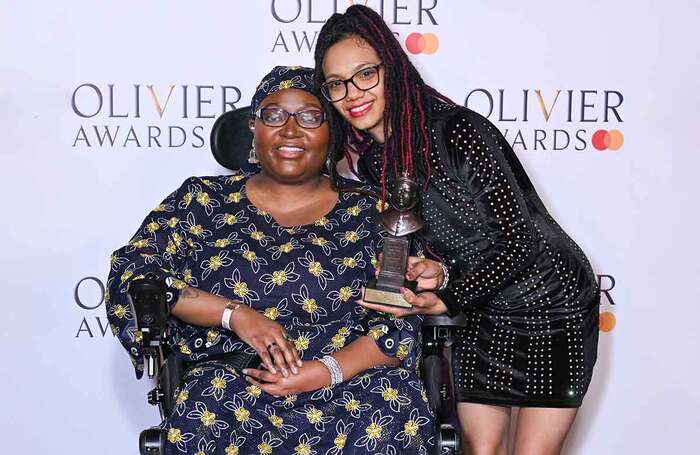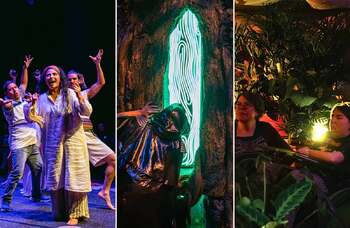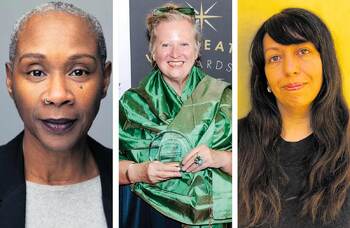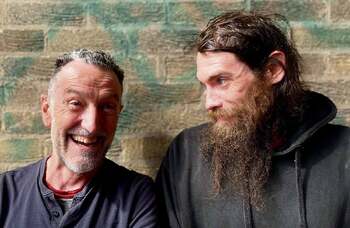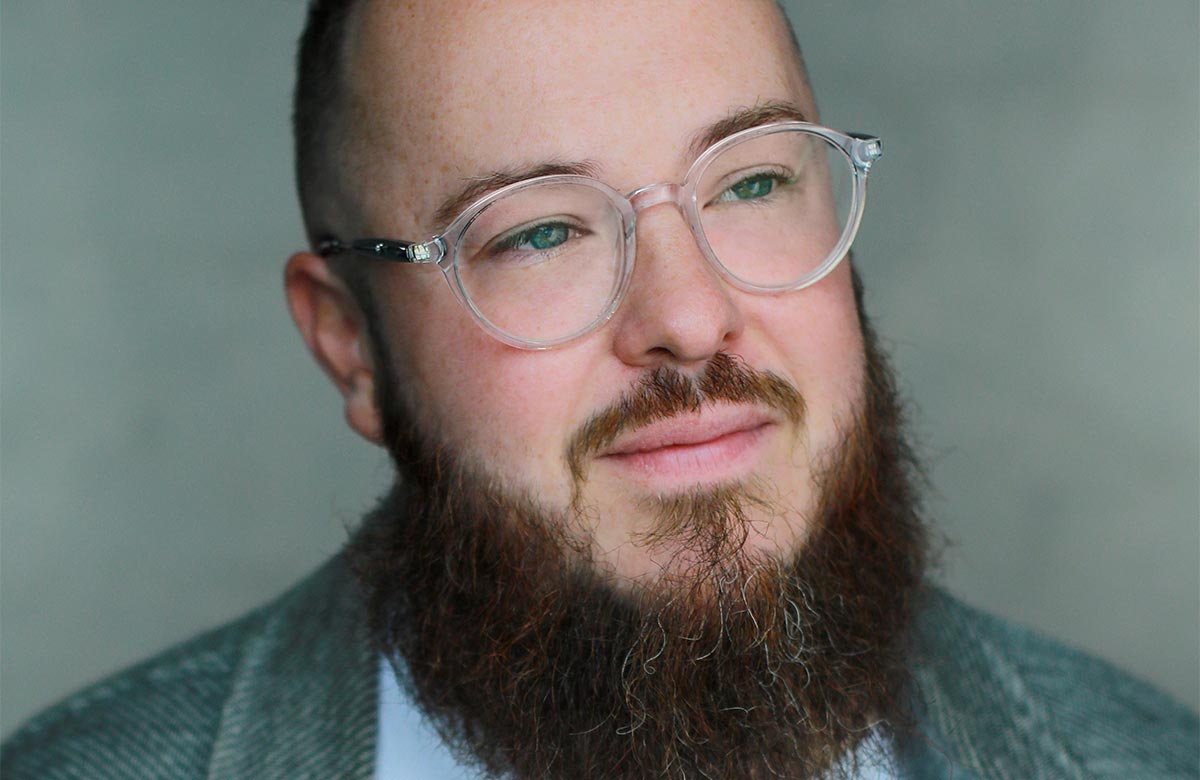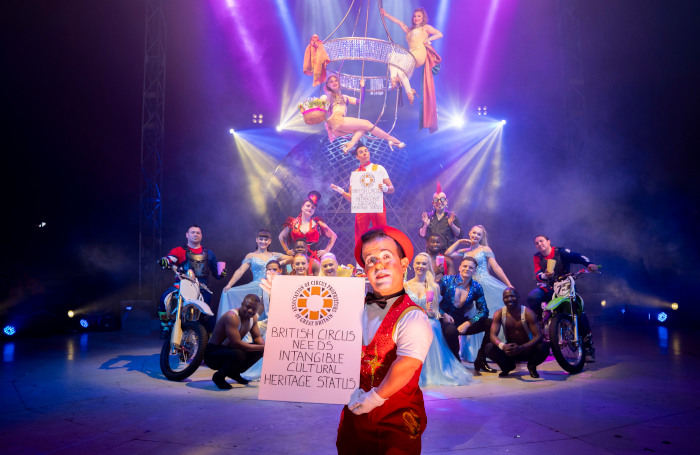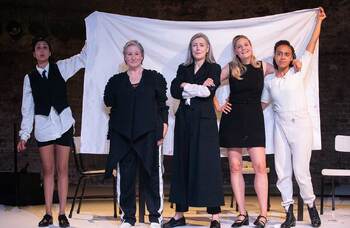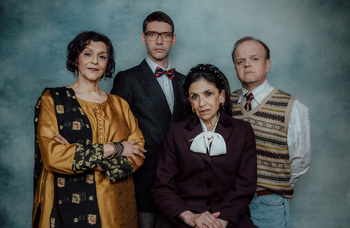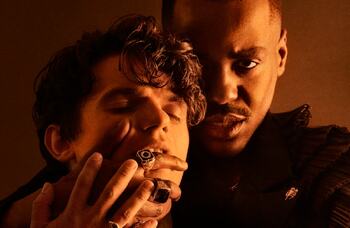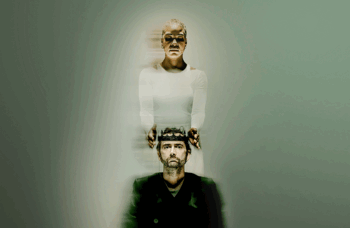Matilda Feyiṣayọ Ibini: Theatres charge me for my own access needs
Olivier award-winning playwright and screenwriter Matilda Feyiṣayọ Ibini has claimed theatres are still asking them to fund their own access requirements.
Feyiṣayọ Ibini, who has limb-girdle muscular dystrophy and is a wheelchair user, told The Stage they were sceptical of venues who claimed they have insufficient resources to fully support D/deaf, disabled and neurodivergent artists’ needs themselves.
Asked what the theatre sector could do to support disabled creatives, Feyiṣayọ Ibini replied: “People do have resources, they just don’t know how to utilise them. There is often this assumption that working with D/deaf, disabled or neurodivergent makers is going to cost more, and I don’t think that is inherently true.
“When productions have money to pay Hollywood stars five or six times the Equity rate but you don’t have the money to cover access needs or requirements, I find that to be disingenuous.
"Instead, the onus becomes on the D/deaf, disabled or neurodivergent artist to dip into their fee to cover their access costs, which then is redundant – they’re doing the job for free,” they said.
The playwright told The Stage they had been footing the bill for their own access costs “for a long time”, which, at times, amounted to not being paid at all, they claimed.
While Feyiṣayọ Ibini said they now had the confidence to demand that the buildings they worked with covered the costs of their needs, they added that they were “absolutely” still being asked by theatres to bear the expense themselves.
“If people are asking me to cover my access costs, which tend to be more practical, like taxis, what are they doing for D/deaf people who require BSL interpreters?” they added. “What are they doing for neurodivergent people who might need a breakout space?”
Continues...
Feyiṣayọ Ibini also accused theatres and production companies across the board of being unwilling to change their “ableist” everyday practices and selecting D/deaf, disabled or neurodivergent artists with requirements they deemed the least disruptive to accommodate.
“[They’re] trying to find the people with the least needs,” they said. “It’s ableist but it’s also performative because it means after that person leaves, there’s no change to the way that organisation operates.
“It’s just for funding applications if we’re being honest. It’s because now it’s become a stricter requirement to report exactly who you’re working with.”
Visible representation, therefore, was not enough, according to Feyiṣayọ Ibini. Appointing a D/deaf, disabled or neurodivergent person to lead a theatre that had not implemented “structural change” to be flexible and supportive of different access needs was “tokenistic” and, in practice, “more harmful”.
“I wouldn’t want to send a D/deaf, disabled or neurodivergent person to become an artistic director in a theatre where no one understands what ableism is,” they said. “That’s traumatising.”
The playwright said they had toyed with leaving the theatre industry numerous times due to the ableism they faced, but certain projects and collaborations had kept them going.
The self-described “bionic, queer” writer has penned plays including Muscovado, Little Miss Burden and Sleepova, which earned them the 2024 Olivier award for outstanding achievement in affiliate theatre as well as the most promising playwright gong at the 2024 Critics’ Circle Theatre Awards.
They were speaking to The Stage having been awarded a Windham-Campbell Prize for drama, an award of $175,000 intended to help writers around the world focus on their creative practice “independent of financial concerns”.
Feyiṣayọ Ibini called the honour “hugely important, especially as a disabled writer who, for the last ten-plus years of my freelance life, has literally been living month to month – or more likely, week to week”.
“It’s come at a much-needed time, especially when the government is planning to slash disability benefits. Feeling acutely that the government doesn’t have your back, and the lack of investment into the arts sector as well, means it’s felt like even more of a closed door than when I started 10 years ago. If I was solely trying to make a career in theatre, I don’t think I would have had a career this long,” they said.
Working with organisations such as CRIPtic Arts and Touretteshero had resulted in “healing” experiences that put a lot of larger theatres and companies “to shame”, they continued.
Asked what the sector needs to do better, Feyiṣayọ Ibini said: “Admit it’s wrong and it’s been wrong for so long. There are people and organisations who know how to do it – give them resources, give them decision-making power. And pay disabled people for their time.”
Production News
Recommended for you
Production News
Recommended for you
Most Read
Across The Stage this weekYour subscription helps ensure our journalism can continue
Invest in The Stage today with a subscription starting at just £7.99
